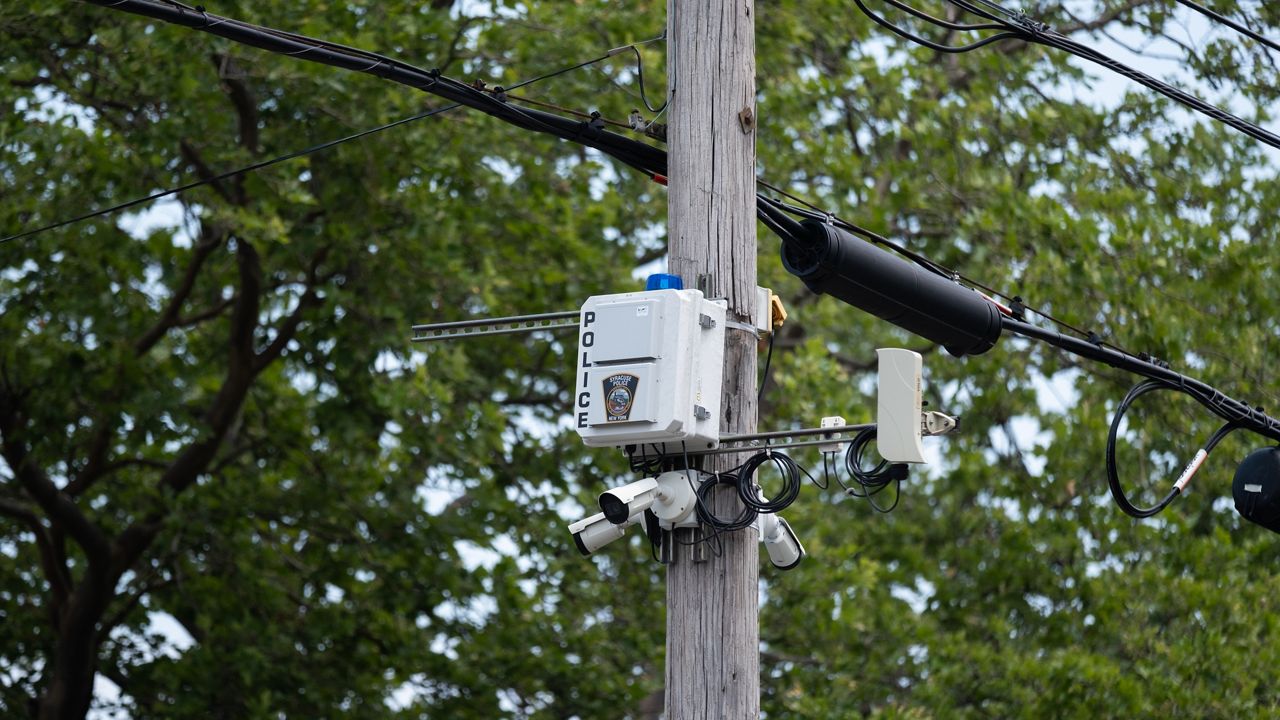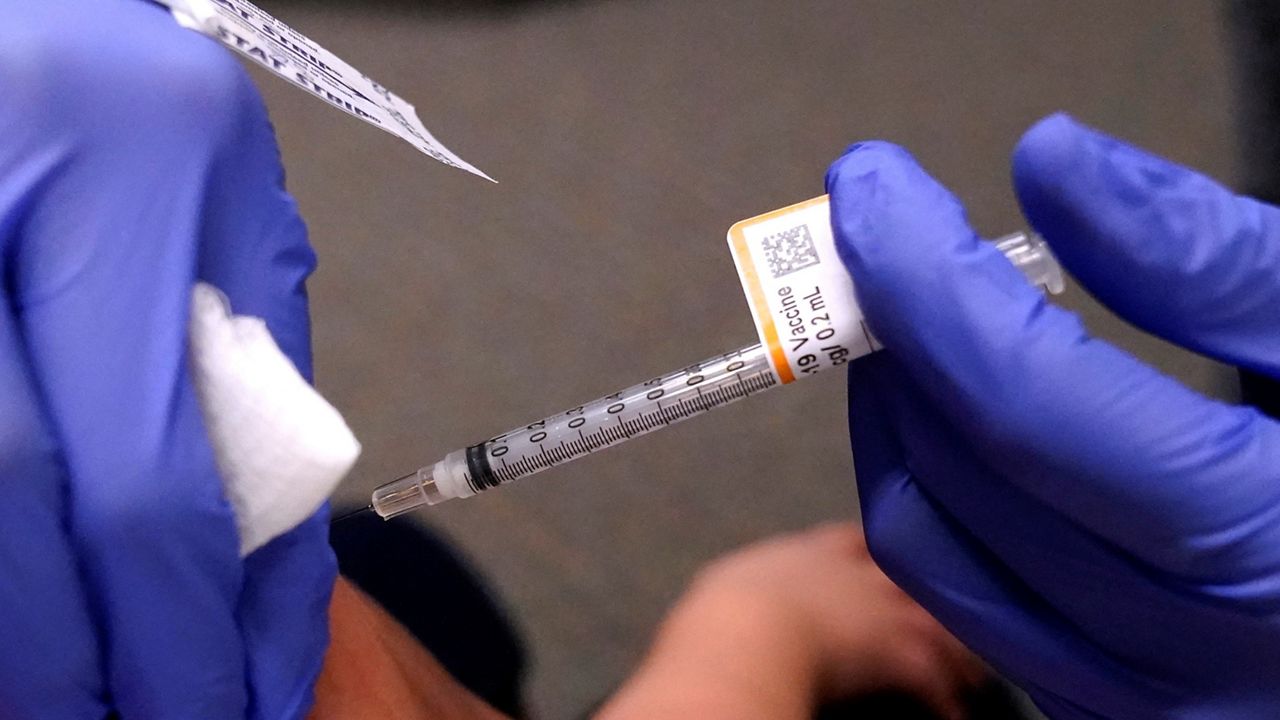Working parents are busy. Imagine tackling careers, children, life and caring for aging parents. Many don’t have to imagine that. They say it is growing struggle.
Experts say the burden of helping aging parents is leading to divorce in some families, adding financial stress they can’t come back from, constant demands and more. But aging advocates say there are solutions.
“People call us crying every day," said Melissa Murphy, founder and CEO of Aging Advocates, "because they are not getting the help they need.”
Middle-aged people who support both their parents and their children, whether financially, physically, or emotionally, are known as the "sandwich generation."
Shannon Holmes is living this.
“[I am a] full-time mom and working multiple jobs," said Holmes. "To make ends meet and helping to take care of my two parents.”
Shannon, a working single mother of two active kids, makes sure her parents get to doctors’ appointments and keeps their medicines organized. She says this ensures her parents and children are close, which she loves, but it is a lot to manage. She is far from alone. With the number of aging Baby Boomers growing, many need help.
“So we have people living longer, people having children later in life," said Melissa Murphy. "People having fewer children and people moving away.”
She added that this is the perfect storm. A Pew Research Center 2021 survey said 23% of adults in America are part of the sandwich generation and 54% of them are in their 40s.
So what is the best option to support both the adult and the adult child so they can successfully age without burning out on both ends?
Murphy said to plan now, before the crisis. Family communication is not going to get better when life is at its worst, Murphy says. According to the U.S. Department of Health and Human Services, 70% of Americans will need some form of long-term care at some point.
She said the New York state Department of Aging can help as well as aging experts, like her company, to match care and services ahead of time or when the crisis does happen.
“I don’t think there is really ever is a true balance," said Holmes. "So some days we just have to say you know what it will be there tomorrow and we will come back to it. Otherwise, we will go crazy, and we can’t do that.”
Murphy adds that it is crucial to also set up a power of attorney for your parents’ financial decisions as well as a health care proxy to make health decisions, a living will and a MOLST form. That stands for "medical orders for life-sustaining treatments." All are crucial prior to a health crisis.










